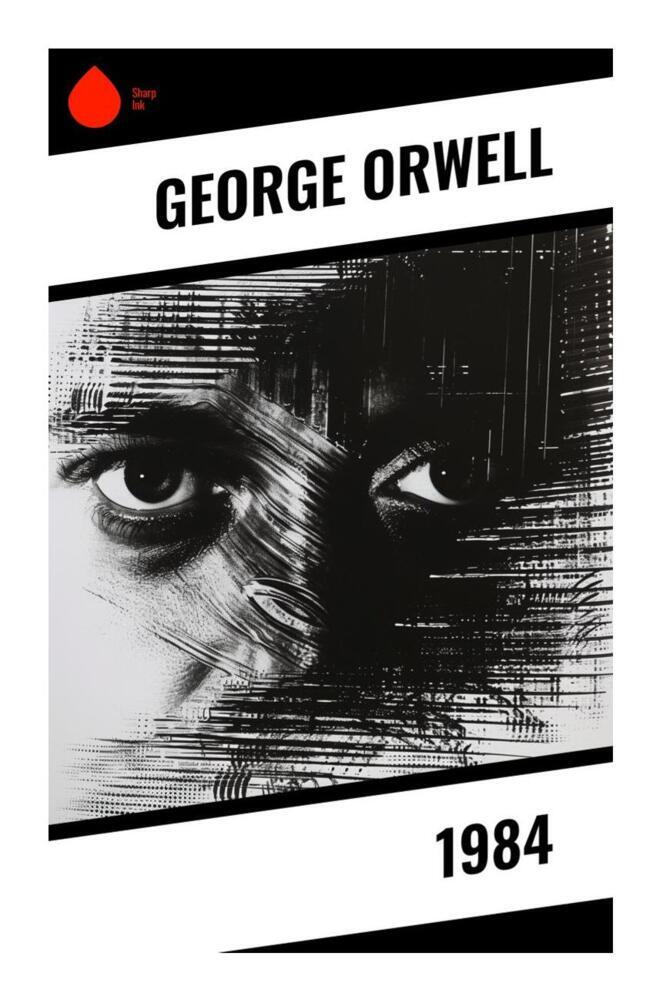
Zustellung: Do, 02.01. - Sa, 04.01.25
Versand in 4 Tagen
VersandkostenfreiBestellen & in Filiale abholen:
In "1984," George Orwell presents a dystopian narrative set in a totalitarian regime where surveillance, propaganda, and repression dominate everyday life. Written in a stark, meticulous style, the book employs an omniscient narrator to explore complex themes of individuality, language, and truth, drawing readers into the oppressive world of Oceania. The novel reflects Orwell's keen observations of totalitarianism and the manipulation of truth, resonating within the literary context of post-World War II anxieties and the rise of authoritarian regimes. George Orwell, born Eric Arthur Blair, was a renowned journalist and critic, whose experiences in the Spanish Civil War and observations of totalitarian states profoundly influenced his writing. His acute understanding of the mechanics of power, along with his commitment to social justice, drives the narrative of "1984." Orwell's own struggles with censorship and his deep commitment to integrity provide a chilling backdrop for the themes explored in this seminal work. For readers seeking a profound exploration of government overreach and personal autonomy, "1984" remains indispensable. Its chilling relevance in contemporary society makes it an essential read for those concerned about the erosion of individual freedoms in the face of growing authoritarianism.
Produktdetails
Sprache
englisch
Seitenanzahl
164
Autor/Autorin
George Orwell
Verlag/Hersteller
Produktart
kartoniert
Gewicht
228 g
Größe (L/B/H)
229/152/9 mm
ISBN
9788028333089
Bewertungen
0 Bewertungen
Es wurden noch keine Bewertungen abgegeben. Schreiben Sie die erste Bewertung zu "1984" und helfen Sie damit anderen bei der Kaufentscheidung.









